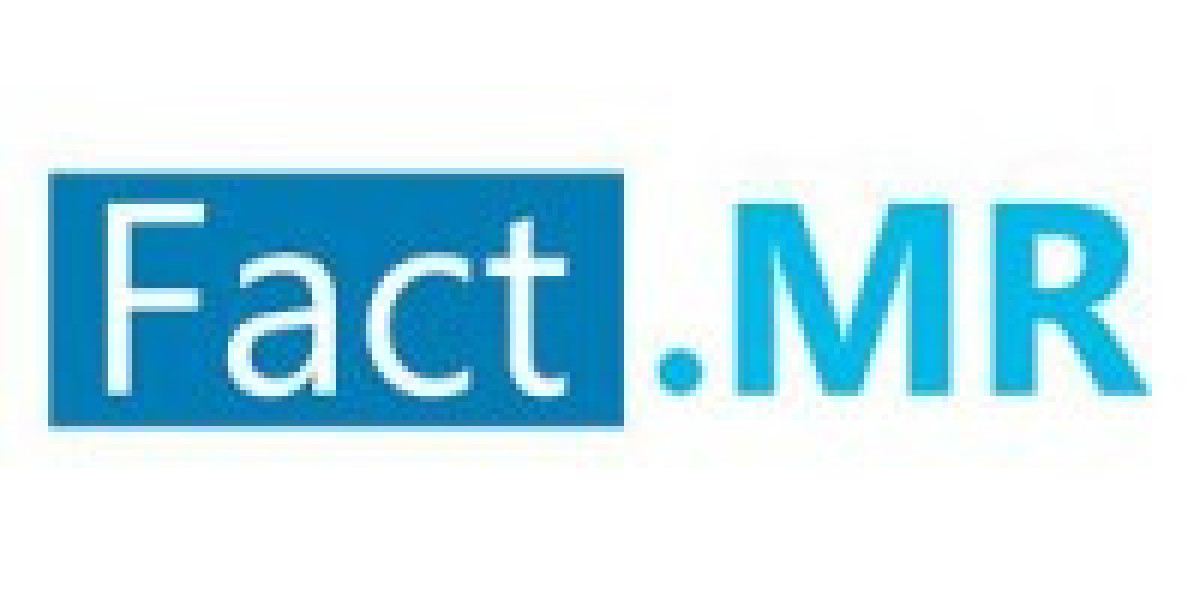The global plant-based packaging market is on a remarkable growth trajectory. Forecasts show expansion from USD 10.8 billion in 2025 to USD 20.7 billion by 2035, reflecting a strong compound annual growth rate (CAGR) of 6.7 %.
This growth is propelled by intensifying public awareness around environmental sustainability and increased regulatory pressure limiting the use of single-use plastics. Companies across industries are actively investing in alternatives that align with eco-friendly objectives while meeting performance standards.
For More Insights into the Market, Request a Sample of this Report: https://www.factmr.com/connectus/sample?flag=S&rep_id=6556
By Type: Flexible vs. Rigid Packaging
Among the packaging types, flexible packaging holds a clear advantage, capturing the dominant share of the plant-based packaging market. The adaptability, lower cost, and lighter weight of flexible formats make them well-suited for a wide range of consumer goods. Flexible packaging is being adopted rapidly in food and beverage sectors, where shelf life, ease of use, and portability are critical. Meanwhile, rigid packaging continues to gain traction, particularly in segments demanding structural integrity and strong protection. Items such as food containers, bottles, and dispensers for healthcare and personal care products often rely on rigid plant-based materials to balance sustainability with durability.
By Application: Dominance and Diversification
Food applications dominate the plant-based packaging industry, as bakery and confectionery, meat, fish, poultry, fruits, vegetables, dairy, and other food products require safe, secure, and environmentally responsible solutions. Consumer preference for toxin-free and sustainable packaging is driving brands to adopt plant-based materials across their entire supply chain. Beyond food, other sectors are becoming increasingly important. Industrial supplies, healthcare, and personal care applications are adopting eco-friendly packaging alternatives at a steady pace. Among these, the personal care segment is experiencing especially rapid growth as consumers demand sustainable packaging for cosmetics, skincare, and hygiene products. The trend reflects growing awareness of both health safety and environmental responsibility.
By End-Use: Commercial vs. Industrial
Commercial applications account for a significant share of plant-based packaging adoption. Retail, foodservice, and consumer goods sectors value the branding opportunities that come with sustainable packaging, using it to reinforce eco-friendly positioning. Restaurants, cafes, and supermarkets are increasingly switching to biodegradable and compostable options to meet customer expectations. Industrial end-uses, while relatively smaller in comparison, are gradually exploring plant-based options as well. Large-scale packaging for chemicals, healthcare supplies, and industrial goods is being reshaped by regulatory mandates and corporate sustainability commitments. This transition suggests that industrial adoption will accelerate as supply chains innovate around stronger plant-based materials.
Buy Report – Instant Access: https://www.factmr.com/checkout/6556
By Region: Global Spread of Eco-Packaging
Regional adoption highlights the global spread of plant-based packaging. North America is a leader due to strong regulatory frameworks and widespread consumer awareness of sustainability. The United States, in particular, has seen major retail and food chains pledge to reduce plastic and shift to biodegradable alternatives. In East Asia, markets such as China and Japan are growing rapidly as consumer habits shift and urbanization increases packaging consumption. Europe remains at the forefront of regulatory innovation, enforcing strict restrictions on single-use plastics and encouraging businesses to adopt bio-based alternatives. Other regions, including Latin America, South Asia & Pacific, and the Middle East & Africa, are emerging as high-potential markets as both consumers and businesses become more conscious of sustainability.
Highlighting Recent Developments in the Market: Key Players & Innovations
Recent developments in the plant-based packaging sector demonstrate the dynamism of the industry. Global food and beverage leaders are investing heavily in sustainable alternatives. Nestlé introduced recyclable paper wrappers for its snack bars, while Danone launched a fully plant-based bottle under its bottled water brand. Packaging leaders such as Amcor are collaborating with innovative companies to accelerate development of plant-based solutions. Startups are also playing a vital role in shaping the market. Notpla, for example, has pioneered seaweed-based packaging and attracted significant funding to expand its operations. Similarly, Vegware has secured large-scale partnerships with retailers, while Footprint has expanded its manufacturing capabilities to meet rising demand for compostable products. These moves highlight the growing convergence of multinational corporations and agile startups in building the future of sustainable packaging.
Key Players & Competitive Landscape
The competitive landscape of the plant-based packaging market is vibrant, with both global giants and regional innovators striving to gain market share. Leading companies such as Evergreen Packaging, Sealed Air, Berry Global, The Coca-Cola Company, Amcor, Tetra Pak, Mondi Group, BASF, and Vegware are major forces in the industry. These players are strengthening their positions through product innovation, sustainability-driven branding, and global expansion strategies. European companies like Smurfit Kappa, DS Smith, and Kruger are advancing biodegradable packaging lines, while Asia-based firms are scaling up production to cater to growing demand. Partnerships, mergers, and acquisitions are frequent, as businesses seek to expand portfolios and geographic reach. The competitive environment is marked by strong investment in research and development, as firms aim to produce packaging that not only reduces environmental impact but also meets the high performance standards required across industries.
Browse Full Report: https://www.factmr.com/report/plant-based-packaging-market
Final Thoughts
The outlook for the plant-based packaging market is undeniably optimistic. As environmental concerns mount and policy landscapes tighten, both legacy packaging giants and nimble innovators are realigning strategies in favor of sustainable solutions. Flexible packaging continues to lead in market share, while rigid packaging plays an important role in sectors requiring durability. Applications are expanding beyond food into healthcare, personal care, and industrial supplies, with personal care emerging as a particularly dynamic growth area. Regionally, North America, Asia, and Europe remain the most advanced, while developing regions are poised to grow rapidly as infrastructure and demand mature.
The evolving competitive environment—marked by product launches, partnerships, and increased investment—shows that plant-based packaging is not a passing trend but a long-term imperative. Companies that integrate eco-friendly packaging into their strategies stand to gain from consumer loyalty, regulatory compliance, and the innovation advantage in an increasingly sustainability-focused global marketplace.
Check out More Related Studies Published by Fact.MR Research:
Imidazole Market: https://www.factmr.com/report/3366/imidazole-market
Pyrogallol Market: https://www.factmr.com/report/3367/pyrogallol-market
Syngas Catalyst Market: https://www.factmr.com/report/3368/syngas-catalyst-market
Amidosulfuric Acid Market: https://www.factmr.com/report/3369/amidosulfuric-acid-market
About Us:
Fact.MR is a distinguished market research company renowned for its comprehensive market reports and invaluable business insights. As a prominent player in business intelligence, we deliver deep analysis, uncovering market trends, growth paths, and competitive landscapes. Renowned for its commitment to accuracy and reliability, we empower businesses with crucial data and strategic recommendations, facilitating informed decision-making and enhancing market positioning.
Contact:
US Sales Office:
11140 Rockville Pike
Suite 400
Rockville, MD 20852
United States
Tel: +1 (628) 251-1583
Sales Team : sales@factmr.com





